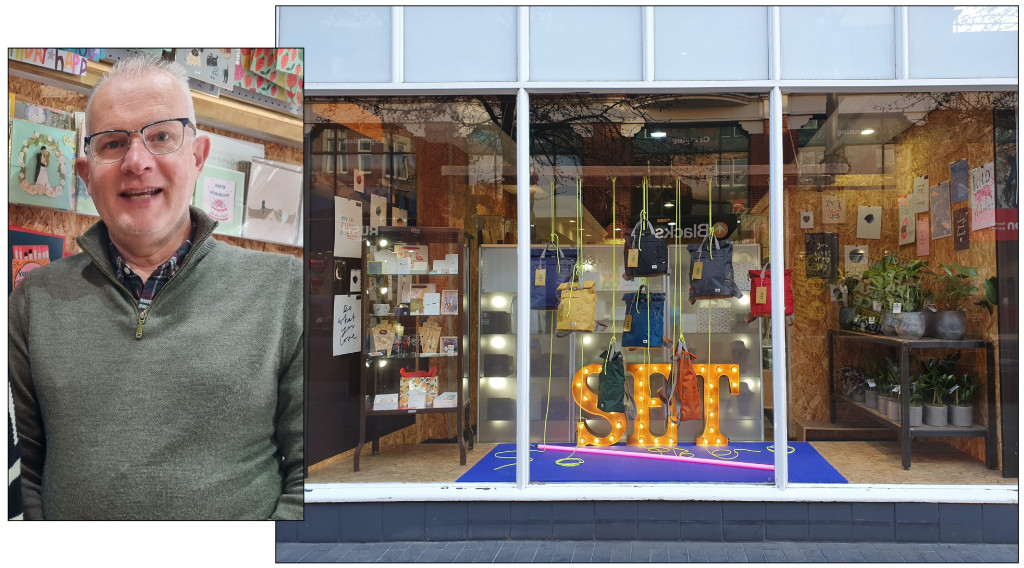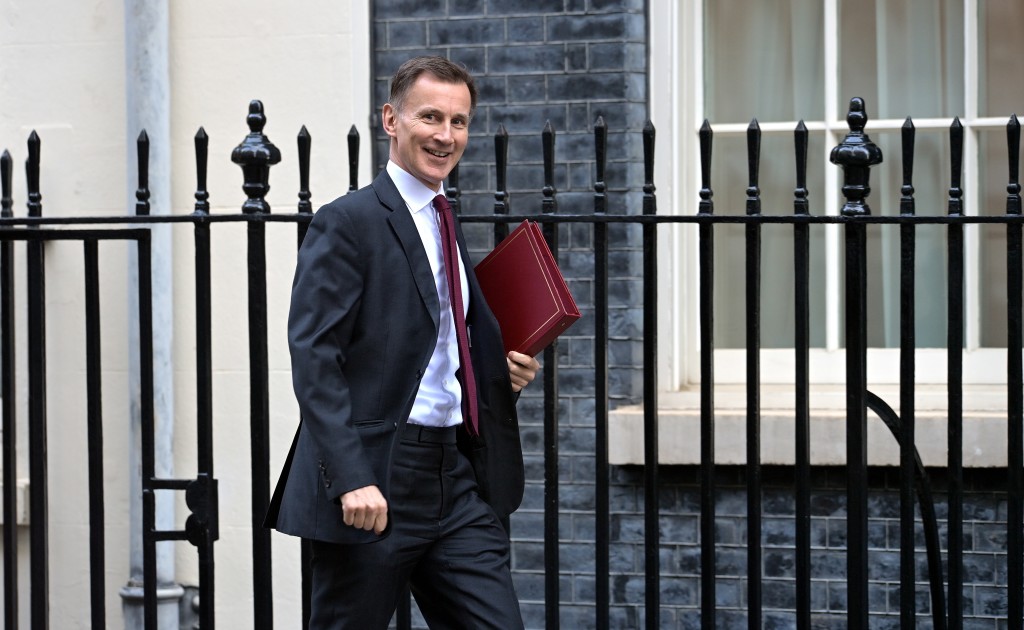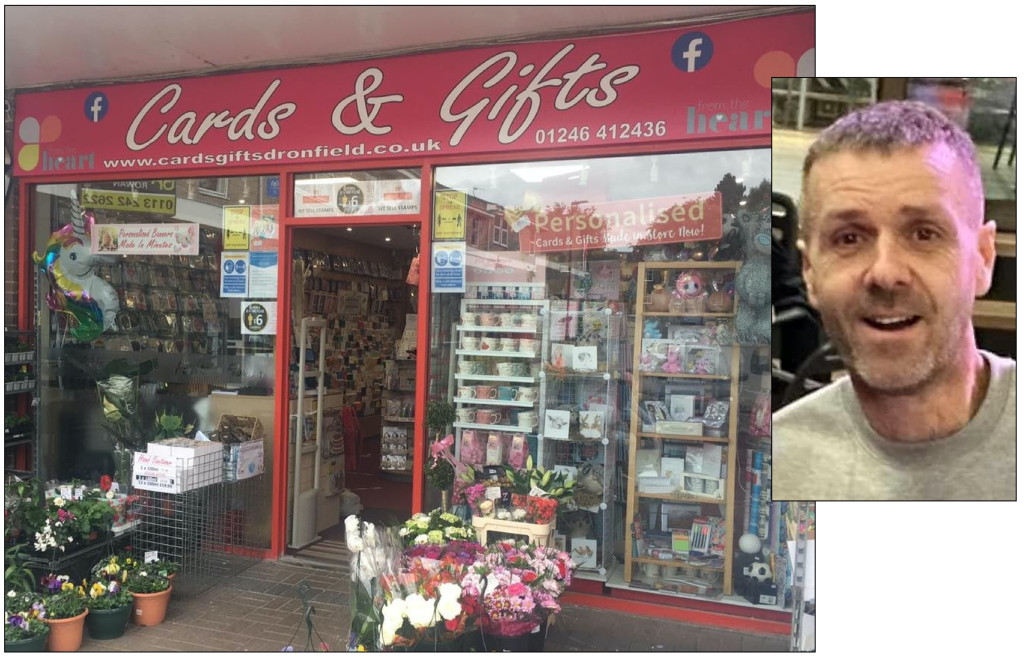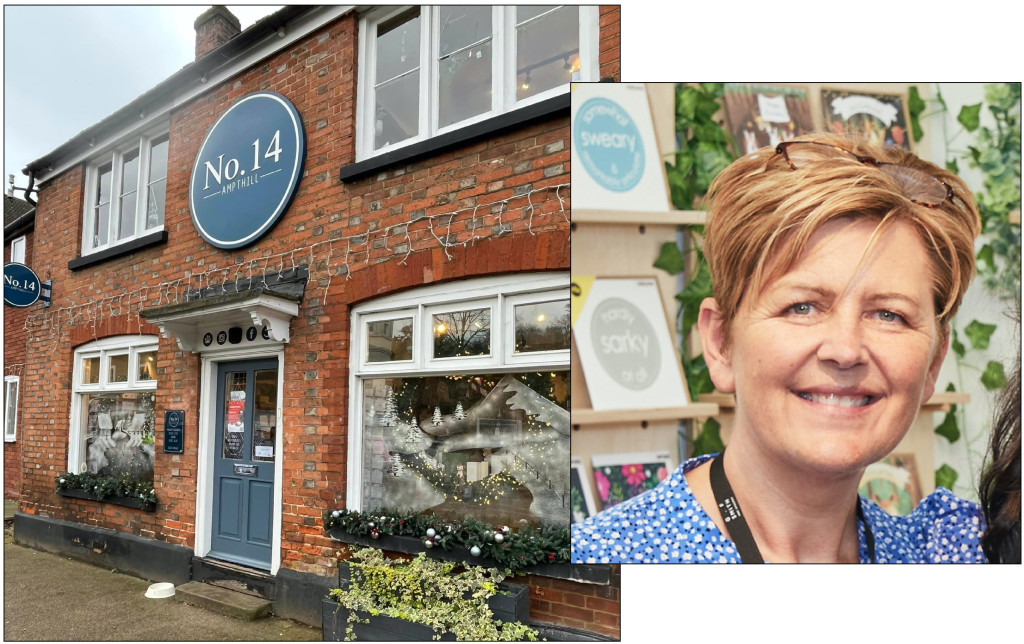Indies welcome continued business rates support but say chancellor hasn’t done enough
There’s been a mixed reaction to the government’s Autumn Statement announced this week with the continued business rate support for smaller retailers welcomed but overall it was a thumbs down, saying not enough has been done to help indie retailers and small businesses.
And the British Retail Consortium (BRC) accused chancellor Jeremy Hunt of “selling out” retailers and customers in the budget o on Wednesday, 22 November, which froze the business rates multiplier for small companies – claiming it will save the average indie store £20,000 – but offered nothing for larger ones and increased the national living wage rate to £11.44 an hour, and included 21 and 22-year-olds.

For Miles Robinson, co-owner of seven-store home counties group House of Cards, it was “pretty much the worst Autumn Statement for retail – unfortunately they giveth with one hand and taketh away a bit more with the other”.
Up in Leicester, Set owner Stuart Delahoy told PG Buzz: “Generally it’s good news, we already pay the national living wage to every member of staff whatever their age – people who do the same job should get the same money whether they’re 18 or 25.
“I think it’s good for society that the NLW is going up to that amount, although it does increase my wage bill by £10,000 – I have a £100,000 wage bill and it’s going up by 10% effectively, and what I do is for senior members of staff who are on a high wage I give them the same pro rata increase to maintain the difference.

“The really good news is the extension of the business rates multiplier freeze – I’ve just done some back of an envelope maths and my business rates before Covid were £28,000 so, with the 75% freeze it saves me £21,000 which is fantastic. It more than funds the increase in wages.
“However, it is kind of tinkering around the margins, for me personally it is good but the one thing I think would make such a difference to small businesses would be a tiered system of corporation tax so small businesses pay a slightly lower rate than say John Lewis and Tesco. My biggest expense is my corporation tax bill.”
But for Cards & Gifts Dronfield owner Carl Dunne it makes life more difficult: “For me it’s only a rates saving of £3,600 p/a so where the chancellor is getting this £20k saving I have no idea.
“On the national insurance cut from 12% to 10%, that’s great – it’s about time to be honest as we don’t get a fair trade to what we pay for nowadays

“But the minimum wage is yet another blow to small shopkeepers. There’s no way I can justify an extra £1,000 a month on the wage bill. It saddens me that, come that time, I’ll have to work even longer for no pay while staff get this extra £1.02 hour so I’ll have to cut their working hours right back to match this year’s wage spend so staff work less for the same money as now.
“The chancellor has no idea about business. I can see so many shops closing next year – I can also see so many price increases about to happen, again a double blow to us.”
Jo Barber, owner of No14 Ampthill, has similar reservations: “My thoughts regarding the NLW increase will be echoed by small businesses alike – ouch! And it’s not just the hourly increase, it affects our pension contributions too. Without a magic money tree to pay for this, the only way to mitigate the additional cost will be to increase prices and keep a closer eye on productivity.
“The continuation of business rate support was very welcome, we’ve become so used to this, but we know it’s only a matter of time until it stops.”

And Miles added: “The NLW is, seemingly, out of control. It has risen by almost 40% since 2019 and, in my mind, this will affect prices more than anything since payroll cost is by far the largest overhead in most retail operations and, most certainly, in our sector.
“The biggest kicker is the employer national insurance contributions which, of course, we will have to pay on more employees as they are dragged into the £175 weekly earnings threshold. In 2019 a worker on minimum wage could work 20 hours before the employer had to pay its 13.8% NIC, next year this is reduced to 15 hours. Of course, NIC has not been reduced for employers other than the small reduction on profits for S/E.
“The not-quite frozen business rates is, of course, welcome but was expected and most small retailers are probably now paying what is a fair business rate. For those larger retailers it’s still not fit for purpose.
“Unfortunately, I think it could well result in reduction of hours, most likely the abolition of paid employee breaks and a rise in retail prices as a way of mitigating the disproportionately-increased costs.”

At Caroline Gardner, which has both the publishing side and a retail store in London’s Marylebone High Street, director Angus Gardner was more positive.
He told PG Buzz: “A 2% cut in employees’ NI contribution is obviously significant, but there are a great many pressures on household incomes at present, so anything that helps put a little money back into the pockets of the consumer has got to be good.
“We have long since been advocates of the Living Wage Foundation, and adopted the London Living Wage several years ago and are proud to be able to continue this as a core policy.
“Business rates are long overdue for an overhaul and, although the 75% discount is very welcome for our customers and our own small shop, it is really a case of governments needing to grasp the nettle and reform the system permanently, and not just kick the can down the road instead.”
And James Mace, sales and marketing manager at The Art File and co-owner of Tall Boy Prints, commented: “I don’t think the budget has given much to business this time around. None of our workforce are on minimum wage, so that wouldn’t affect us.
“The national insurance cut is from the employees’ side of things, so they will take more pay home as from January 2024 they are paying 2% less.”

Big retailers have slammed the budget because they now face a 6.62% rise in their business rates from April 2024, which Curry’s chief Alex Baldock termed a “deeply disappointing” decision, saying the chancellor had failed to address the unfairness of the system and “missed an opportunity to support retailers at a time of economic uncertainty”, and he pointed out that the rise in rates, which are meant to reflect rental values, was “unjustifiable” as rents are currently falling.
Property specialist Altus Group told Retail Gazette that Harrods’ Knightsbridge flagship store will face a £617,000 increase, while the rates bill at Selfridges in Oxford Street will rise by £577,000.
BRC ceo Helen Dickinson added: “The chancellor has poured fuel on the fire spreading across our High Streets with a tax hike on shops and other businesses. His decision to increase the business rates standard multiplier – on bigger companies – will cost retailers £hundreds of millions every year.
“Rather than introduce the meaningful reforms that were promised in the government’s 2019 manifesto, the chancellor is now letting the tax spiral out of control, driving up costs just as retailers’ efforts to curb inflation have started to bear fruit.”























